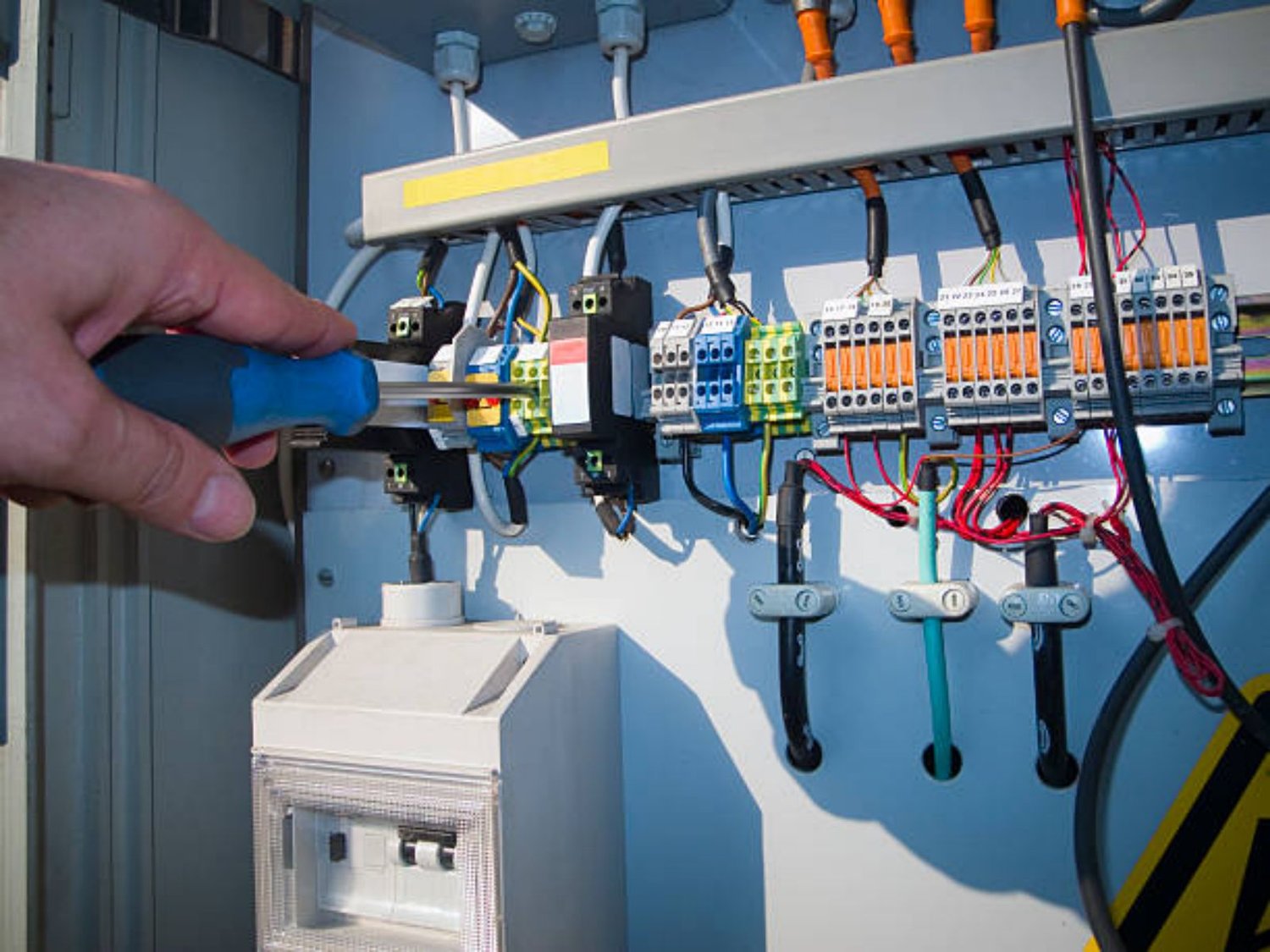Table of Contents

The Importance of high current contactors in Electrical Systems
A high current contactor is a crucial component in any electrical system that deals with heavy loads and high voltages. This device is designed to control the flow of electric current and ensure that power is safely and efficiently distributed. In this article, we will explore the various aspects of high current contactors and their significant role in electrical systems.
Understanding the Basics of High Current Contactors
High current contactors are electromechanical switches that are specifically designed to handle high levels of current. They are used to control the flow of electricity in systems that require the handling of heavy loads, such as industrial machinery, power distribution systems, and electric vehicles. These contactors consist of two main parts: the coil and the contacts.
The Functionality of High Current Contactors
When an electrical system is powered on, the coil in the high current contactor generates a magnetic field. This magnetic field then attracts the contacts, allowing the flow of current. When the system is powered off or there is a fault detected, the coil releases the contacts, interrupting the flow of current. This functionality ensures the safety and reliability of the electrical system.
The Advantages of Using High Current Contactors
High current contactors offer several advantages in electrical systems. Firstly, they provide a reliable and efficient method of controlling high current levels. They can handle currents ranging from a few hundred amps to several thousand amps. Secondly, these contactors have a long lifespan and can withstand high operating temperatures. They are also resistant to vibrations and shocks, making them ideal for demanding environments.
The Different Types of High Current Contactors
There are various types of high current contactors available, each designed to meet specific requirements. The most common types include AC contactors, DC contactors, and reversing contactors. AC contactors are used in alternating current systems, while DC contactors are used in direct current systems. Reversing contactors, on the other hand, are used when the direction of current flow needs to be changed.
Factors to Consider When Choosing a High Current Contactor
When selecting a high current contactor for your electrical system, there are several factors to consider. Firstly, you need to determine the maximum current rating required for your application. This will depend on the load and the voltage of your system. Additionally, you should consider the coil voltage, contact configuration, and the ambient operating conditions to ensure compatibility and optimal performance.
The Importance of Proper Installation and Maintenance
Proper installation and regular maintenance are essential for ensuring the longevity and performance of high current contactors. It is important to follow the manufacturer's guidelines and recommendations during installation. Regular inspections and cleaning of the contacts are also necessary to prevent any buildup of dirt or debris that could affect the contactor's performance. Additionally, periodic testing should be conducted to ensure proper functionality.
Common Applications of High Current Contactors
High current contactors find applications in various industries and systems. They are commonly used in power distribution systems, electrical substations, motor control centers, and electric vehicles. These contactors play a vital role in ensuring the safe and efficient operation of these systems, controlling the flow of electricity and protecting against overloads and faults.
Key Safety Considerations when Working with High Current Contactors
Working with high current contactors requires careful attention to safety precautions. Before any maintenance or repair work, it is essential to de-energize the system and follow proper lockout/tagout procedures to prevent electrical shocks. It is also important to ensure that the contactor is compatible with the specific application and that all connections are secure. Regular inspections should be carried out to identify any signs of wear or damage.
Innovations and Future Trends in High Current Contactors
As technology continues to advance, high current contactors are also evolving. With the increasing demand for electric vehicles and renewable energy systems, the development of more efficient and compact contactors is a major focus. Innovations in materials and designs are being explored to improve performance, reduce energy loss, and enhance overall reliability.
